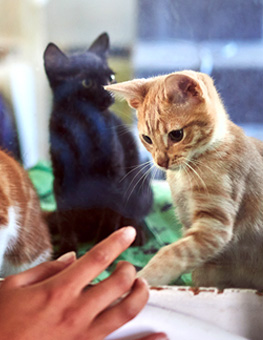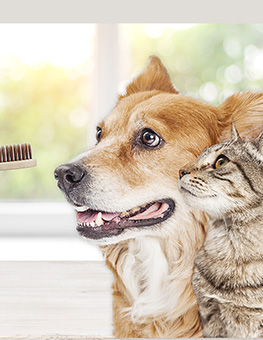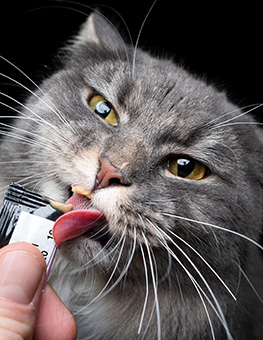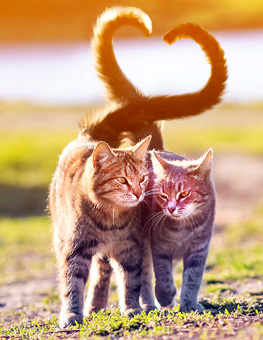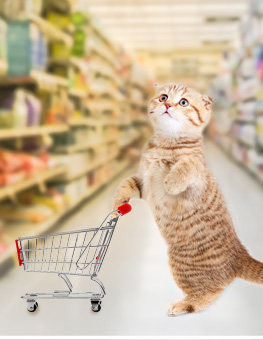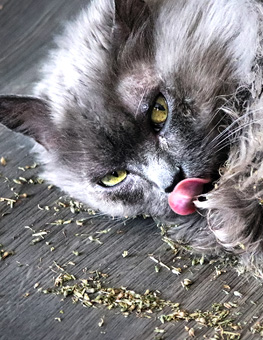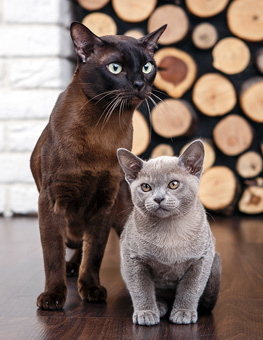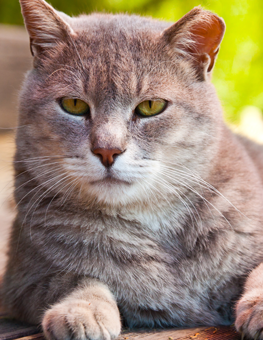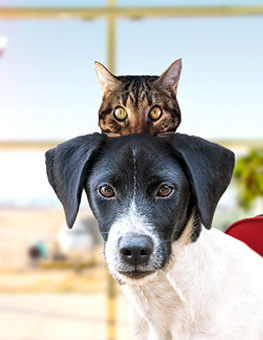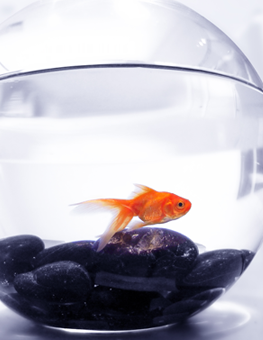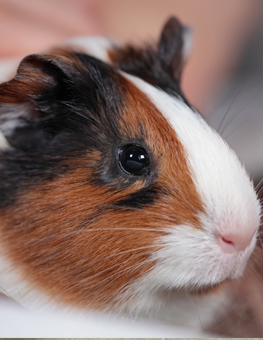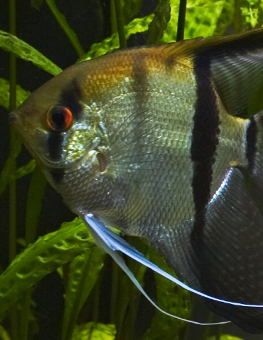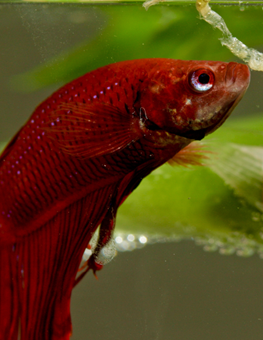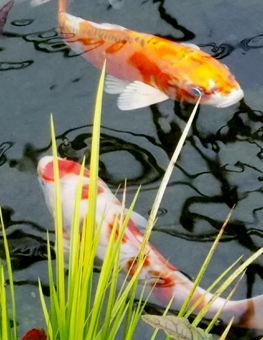How to Work with a Cat Who's a Fussy Eater
Whether you've just decided to adopt a cat or you're a longtime pet parent, most cat owners will tell you that their cats can be particularly fussy about their food from time to time.
Whether you've just decided to adopt a cat or you're a longtime pet parent, most cat owners will tell you that their cats can be particularly fussy about their food from time to time. Cats are fiercely independent, and while they thrive on routine, they can also desire change from time to time and be extremely picky about food choices, which can be a common problem for cat parents. When your cat begins to be fickle about his or her meal, there are a variety of ways that you can make it more appealing and meet daily nutritional requirements.
Is your cat's health in good order? According to Catster.com, a lack of appetite or poor eating habits are not always attributable to your cat's attitude about the food you're giving him or her. When your cat begins to avoid food, this can be one of the early signs of a potential health problem under the surface, so it may be wise to bring your feline into the vet for a wellness check to ensure that he or she isn't experiencing the early symptoms of a significant health issue.
Switch up the flavor. Sometimes, a cat's taste for food can be dictated by just how much variety you offer, and while most pet parents use a combination of wet and dry food, it's a good idea to explore what else is on the pet store shelves.
If your cat is a fan of a favorite brand, pick a different flavor to see if your cat will appreciate the new selection. Cats require a diverse array of proteins, vitamins and minerals to thrive, so giving him or her a wide range of foods can promote overall wellness.
Change your food bowl. The state of your cat's food bowl can also be a source of issues for pet parents. According to FelineOnline.com, cats aren't particularly fond of bowls that are narrow or deep, which can constrict their sensitive whiskers. Additionally, cats can be adverse to food that is served in dirty bowls, so making sure they're contaminant free during each feeding session can make meals more appealing.
Spice it up. Adding something special to your cat's food dish may sound like the easy way out, but it can certainly be beneficial. Care2.com reported that cat-safe human foods like small amounts of protein-packed cheese, fish that are rich with omega 3 fatty acids and cooked eggs can be occasional treats with major nutritional benefits.
This article is brought to you by the pet behavior experts at Hartz. When it comes to training your dog and cat, our knowledge and experience is guaranteed to make the process easy, smooth and fun!



